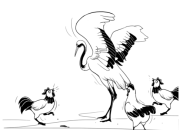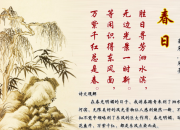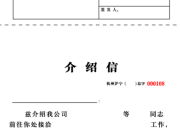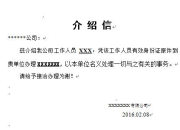词语掌故和水的俚语
时间:2021-08-31词语掌故有关和水有关的俚语
词语掌故:和水有关的俚语(1/2)
"Hot water" was used 500 years ago to mean being in trouble. ,"Hot water"就被用来表示遇到麻烦。
When we are in "hot water", we are in trouble. It can be any kind of trouble -- serious or not so serious. 当我们说我们"in hot water”,也就是说我们遇到麻烦。它可以表示任何严重或不严重的麻烦
A person who breaks a law can be in hot water with the police. A young boy can be in hot water with his mother, if he walks in the house with dirty shoes. 触犯法律的人会被警察找麻烦。穿着脏鞋子在屋里走的小男孩可能会被他的'妈妈找麻烦。
When you are in deep water, you are in a difficult position. 当说你"in deep water",也就是说你陷入困境中。
You are in deep water when you are facing a problem that you do not have the ability to solve.当你遇到凭你的能力无法解决的问题时,你就是in deep water。
词语掌故:和水有关的俚语(2/2)
"To keep your head above water" is a colorful expression that means staying out of debt.“保持头浮出水面”是个诙谐的表达,意思是远离债务。
"Water over the dam" is another expression about a past event. The expression comes from the idea that water that has flowed over a dam cannot be brought back again. “水漫过了水坝”是个有关于过去某事件的表达。漫过水坝的水是不可能再被引回去的,这就是这个谚语的起源。
When a friend is troubled by a mistake she has made, you might tell her to forget about it. You say it is water over the dam.当你一个朋友为某个她犯下的错误而困扰的时候,你可以劝她忘记这些,你就可以说,“水已经漫过堤坝了(木已成舟,懊恼是没有用的)”
Another common expression, "to hold water", is about the strength or weakness of an idea or opinion that you may be arguing about.另一个谚语,“盛住水”,和你可能正在商讨的某个想法的优缺点有关。
If your argument can hold water, it is strong and does not have any holes. If it does not hold water, then it is weak and not worth debating.如果你的意见能“盛住水”,那么就没有死角无懈可击。否则,就站不住脚,缺乏说服力。
"Throwing cold water"means to not like an idea.“泼冷水”意思是,不喜欢不支持一个主意。
For example, you want to buy a new car because the old one has some problems. But your wife "throws cold water" on the idea because she says a new car costs too much. 比如,旧车出了些问题于是你打算买一辆新的,但是你的太太给你“泼冷水”,原因是新车太贵了。











